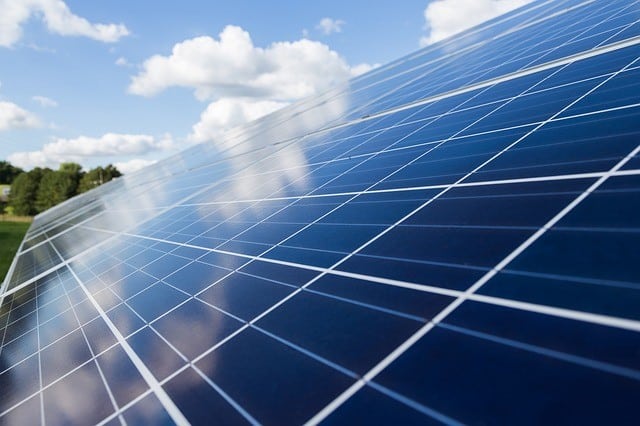Onkaparinga Council has become the first council in South Australia to join the Climate Council’s Cities Power Partnership (CPP).
This means that the CPP network now has members from every state and territory across Australia.
Onkaparinga is South Australia’s largest council. It’s situated south of Adelaide and has a population close to 165,000, with offices in Aberfoyle Park, Woodcroft and Willunga.
The council is already committed to renewable energy and emissions reduction. Its actions so far have included installing solar power systems at 24 council sites, which has reduced emissions by 30 per cent since 2009.
Current LED lighting projects across the region are also expected to save another 2,000 tonnes of emissions each year.

Mayor says local governments need to act
Joining the partnership means that Onkaparinga will be able to share knowledge and expertise with other members of the CPP.
Much of the council’s expertise was gained through the ‘Resilient South Project’, which won a National Award in 2014. The project was a joint initiative of Onkaparinga and three neighbouring SA councils. Its tasks included identifying ‘hot spots’ in the region and combatting these through green infrastructure.
Council Mayor Lorraine Rosenberg indicated that local governments need to be proactive when it comes to tackling climate change. She said they cannot afford to wait around for organisations or other levels of government to act first.
Mayor Rosenberg also stated that joining the CPP will make Adelaide’s southern suburbs part of the “national solution” on climate change.
The Climate Council’s Chief Councillor, Tim Flannery, said that Onkaparinga move will bring “some of that great SA energy and know-how to the network”.
He also said South Australia is a leader in renewable energy, from state through to local government levels.
About the Cities Power Partnership
The CPP is a free program created by the Climate Council. Local councils that join the CPP network pledge to cut transport emissions and to increase local renewable energy uptake. They then report on their progress every six months through an online survey.
Member councils are also provided with the opportunity to partner with neighbouring councils and to share information, experience and expertise.
So far 35 councils have joined, and another 35 are on track to join next month.













































